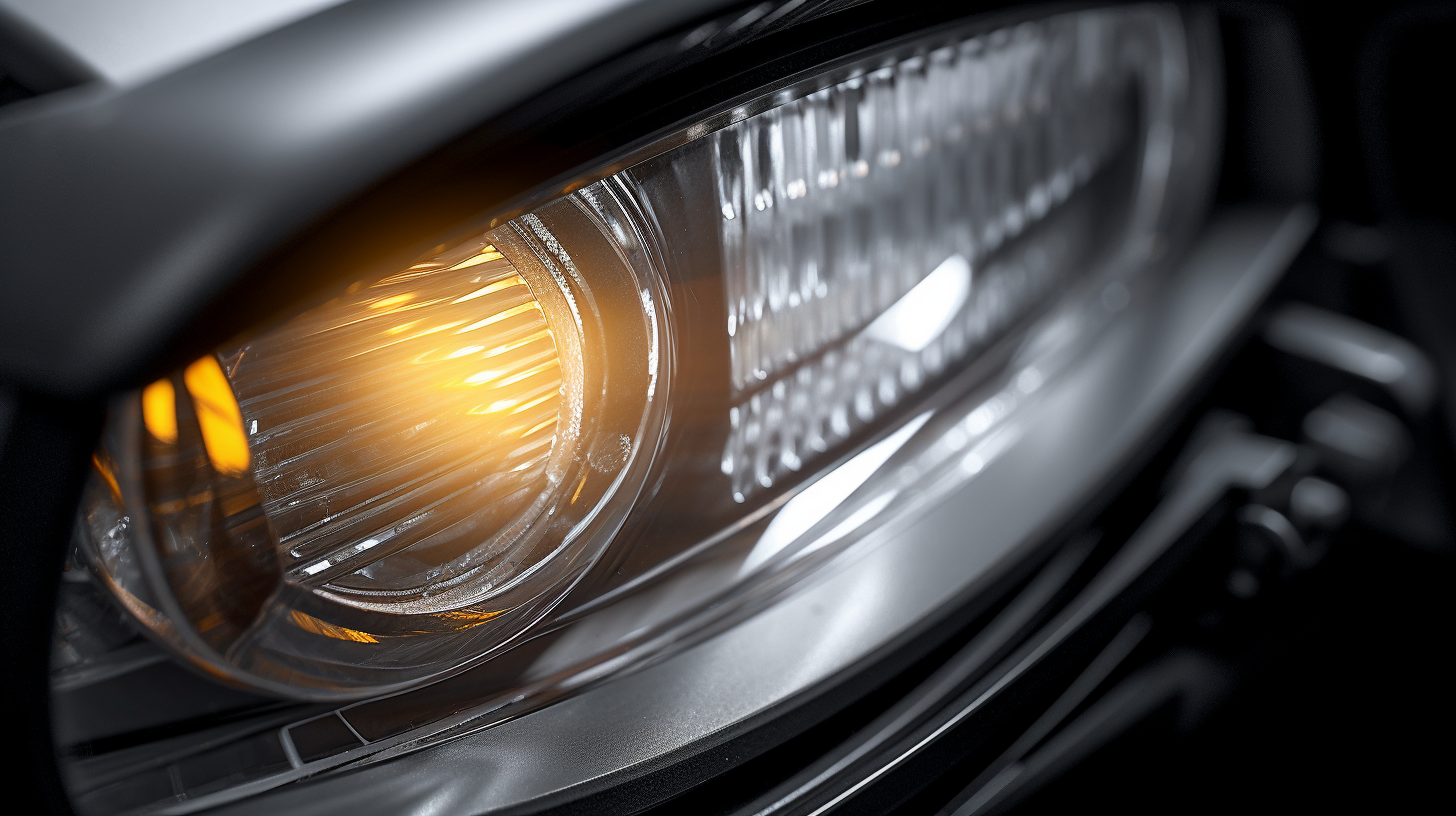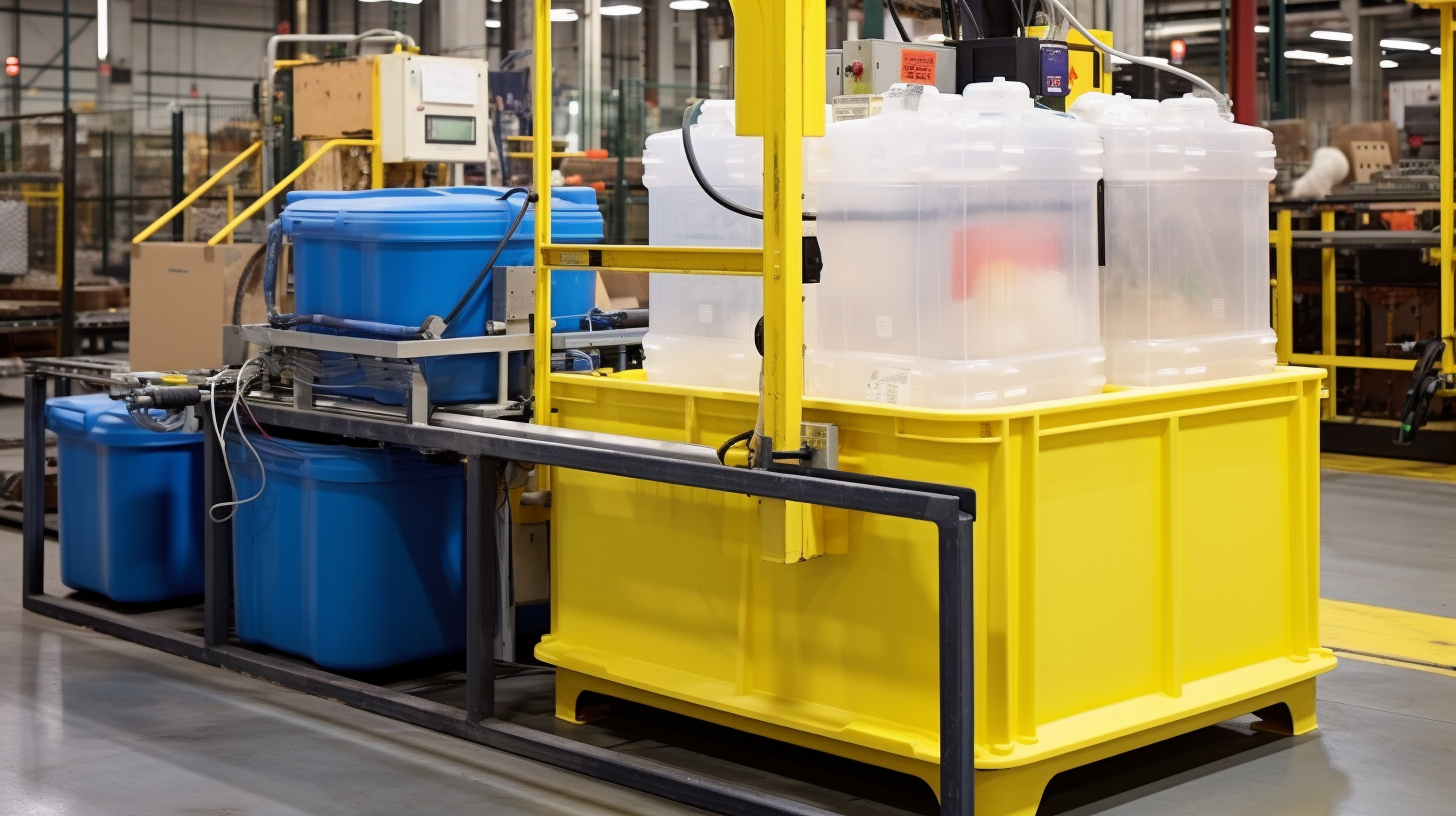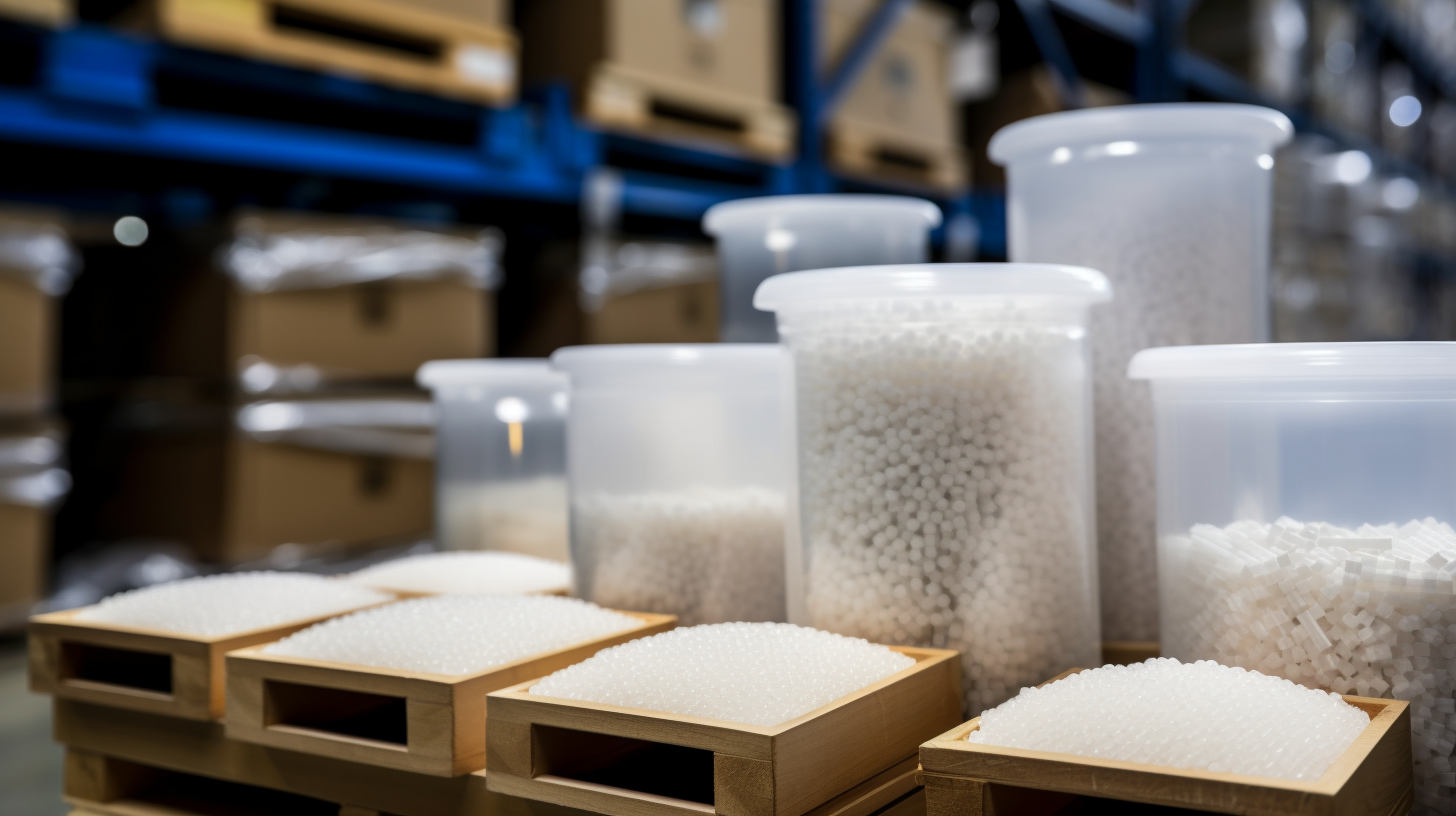
When it comes to heavy-duty applications, the material's ability to absorb energy without cracking or breaking is paramount. Impact resistance is critical for industries like construction, automotive, and industrial machinery where materials must endure significant stress. Plastics such as polycarbonate (PC), high-density polyethylene (HDPE), and thermoplastic polyurethane (TPU) stand out for their exceptional impact resistance and versatility.
Let’s explore why these plastics excel under pressure and how to choose the best material for your heavy-duty needs.
Why is Polycarbonate (PC) a Top Choice?

Polycarbonate (PC) is one of the most widely used plastics for heavy-duty applications, thanks to its exceptional impact resistance, clarity, and versatility. PC can absorb significant impacts1without cracking, even in extreme conditions, making it ideal for applications that demand durability, safety, and performance. Its high impact strength ensures that it maintains structural integrity under stress, outperforming many other materials. Additionally, polycarbonate is lightweight2, making it easier to mold into complex designs and reducing production costs for intricate parts.

Industries benefit from polycarbonate’s ability to combine toughness with optical clarity. For example, it’s frequently used in automotive headlamp lenses3, where durability and light transmission are essential. It also finds application in protective equipment like face shields4 and bulletproof windows, offering maximum safety without compromising visibility. In industrial settings, polycarbonate serves as a reliable choice for machine guards and enclosures, designed to endure high-energy impacts. Furthermore, it performs well across a wide temperature range, resists UV-induced yellowing, and provides excellent dimensional stability, making it an unmatched material for demanding environments.
How Does HDPE Perform Under Stress?

High-density polyethylene (HDPE) might not have the transparency of polycarbonate, but it’s a powerhouse when it comes to rugged durability. HDPE’s high impact strength and resistance to environmental stress cracking make it a go-to choice for heavy-duty applications.
Think of fuel tanks, industrial containers, and heavy-duty piping systems—all of which rely on HDPE for its resilience and chemical resistance. Its ability to endure prolonged exposure to harsh environments without degrading makes it a reliable and cost-effective choice.
| Property | Polycarbonate (PC) | High-Density Polyethylene (HDPE) |
|---|---|---|
| Impact Resistance | High | Moderate to High |
| Transparency | Excellent | Opaque |
| Chemical Resistance | Moderate | Excellent |
| Common Applications | Headlamp lenses, shields | Fuel tanks, industrial pipes |
What Makes TPU an Excellent Option for Flexibility and Impact?

Thermoplastic polyurethane (TPU) offers a unique combination of impact resistance and flexibility. TPU’s elasticity5 allows it to absorb energy effectively, making it perfect for applications requiring both durability and adaptability.
Picture TPU in heavy-duty industrial belts, flexible hoses, and footwear soles. Its ability to resist wear and tear, along with its capacity to flex without cracking, ensures it handles repetitive stress gracefully. TPU’s resistance to oils, greases, and abrasion6 makes it a standout in challenging environments.
How to Choose the Right Impact-Resistant Plastic for Your Application?
Selecting the best plastic for impact resistance depends on several factors:
- Environment: If your application involves exposure to chemicals or UV rays, HDPE or TPU might be better suited. For optical clarity, polycarbonate is the way to go.
- Load Conditions: Consider whether the material needs to endure repeated impacts or sustained stress. Polycarbonate excels in extreme impact resistance, while TPU offers flexibility for repetitive use.
- Design Complexity: If your product requires intricate molding, polycarbonate’s versatility could simplify production.
By matching the material’s properties with your application’s requirements, you ensure durability and performance under heavy-duty conditions.
Conclusion
Plastics like polycarbonate, HDPE, and TPU offer exceptional impact resistance for heavy-duty applications. Each material has unique strengths that make it suitable for different industries, from automotive to construction. Understanding your specific needs—whether it’s transparency, chemical resistance, or flexibility—can guide you to the right choice.
For tailored advice on impact-resistant plastics or to discuss your specific project, visit our resource center or contact us. Let’s help you select the best material to meet your heavy-duty challenges.
-
PC can absorb significant impacts" helps readers understand how polycarbonate's high impact strength ensures durability and reliability for heavy-duty applications. ↩
-
polycarbonate is lightweight" highlights how its low density allows for intricate molding and cost-efficient production while maintaining strength. ↩
-
automotive headlamp lenses" provides insights into how polycarbonate's durability and optical clarity make it ideal for ensuring long-lasting, efficient light transmission in vehicles. ↩
-
face shields" explains how polycarbonate's impact resistance and transparency offer both safety and visibility, crucial for protective equipment. ↩
-
TPU’s elasticity" explains how its energy-absorbing properties make it ideal for applications requiring flexibility and toughness. ↩
-
TPU’s resistance to oils, greases, and abrasion" highlights how its chemical and physical resilience make it suitable for demanding industrial applications. ↩







